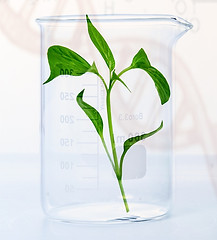

The Importance of Biodiversity
At a time when rhododendrons are losing habitat in the wild (due to subsistence farming, logging, and development), it is important to help preserve and protect as much of the naturally occurring gene pool as possible.

Species Sourced from Wild Populations
A “species” rhododendron is a non-hybridized plant, which en mass form a stable population in the wild without human intervention. Our plants are grown from seeds collected from species “parents” in their native habitats. Many of our plants are as few as one generation removed from the wild.
When two different representatives of a population are used as “mother” and “father,” the resulting offspring reflect the diversity of a wild population.
No two of our plants are genetically exactly identical — just like no two people are exactly alike!



Protected Gene Pool
When species are grown from cuttings or produced in the laboratory through tissue culture, the resulting offspring are simply clones of the original plant. The gene pool is shrunk because there is no new combination of genetic material.
Some people have come to believe that ongoing production of plant material through the use of tissue culture may actually alter the plant's original genetic makeup.
While it is necessary to use methods of tissue culture and cuttings to produce a copy of a particular cultivar, this does nothing to preserve the species’ vitality and vigor. (Hybrid rhododendron propagation must employ these methods to insure exact duplicates of the particular hybrid.)
How You Can Help

Learn more about the importance of protecting native species by taking an online class or workshop.
Read all you can about current rhododendron species research, and articles about species diversity.
Invite Chimacum Woods' founder Robert Zimmermann to come talk to your group, organization, or school about species diversity as it relates to rhododendrons.
Choose native species plants (including our rhododendrons) to demonstrate the diversity of indigenous and wild species in your garden.

